Nov 15, 2025
Based on years of sales collaboration with customers as a cylinder manufacturer and seller, I have compiled a categorized summary of the usage cycles for different cylinder types from my company that are frequently sold.
| Brand / Standard | Series Name | Bore Size (mm) | Key Features | Theoretical Lifespan (Travel Distance) | Conversion Example (for 100mm stroke) |
|---|---|---|---|---|---|
| Airtac | SC Standard | 32 - 100 | Most basic and economical series for general industrial needs. | ~ 2,000 - 3,000 km | ~ 20 - 30 million cycles |
| Airtac | SU Standard | 32 - 100 | Optimized version of SC, a mainstream market choice. | ~ 3,000 km | ~ 30 million cycles |
| Airtac | SI High Precision | 32 - 100 | Higher guiding accuracy for applications requiring precise positioning. | ~ 5,000 - 8,000 km | ~ 50 - 80 million cycles |
| Airtac | SG Compact | 32 - 100 | Compact structure, requires minimal installation space. | ~ 2,000 km | ~ 20 million cycles |
| Airtac | MY1 Slide Table | 16 - 40 | Integrated linear guide, high moment load resistance. | ~ 5,000 km (Guide Unit) | The guide mechanism's lifespan is typically longer than the cylinder body itself. |
| ISO 6431 | DNC Standard (e.g., Festo) | 32 - 100 | Complies with international standard, high global interchangeability, high-performance. | ~ 5,000 - 10,000 km | ~ 50 - 100 million cycles |
| ISO 6431 | SI Series (e.g., SMC) | 32 - 100 | Compact design, interchangeable mounting dimensions with DNC; a classic basic cylinder from SMC. | ~ 6,000 km and above | ~ 60 million cycles and above |
| ISO 6431 | DNG Standard (e.g., Festo) | 32 - 100 | ISO 6431 compliant, cylinder body with magnet for position sensing (the version of DNC with sensor switch). | ~ 5,000 - 8,000 km | ~ 50 - 80 million cycles |
For information on the lifespan of the Miniature, Compact cylinder series, you can refer to this article.
Pneumatic cylinders are a very simple, clean, efficient, and stable type of actuator in modern industry. Studying their lifespan helps improve equipment reliability, safety, and cost-effectiveness, while also optimizing maintenance and selection decisions.
This refers to the total number of cycles or total operating time a cylinder can complete from the start of its use until its final disposal.
Seal wear: This is the most critical factor determining lifespan.
Bearing wear: Affects cylinder stability and accuracy.
Piston rod corrosion or scratches: Leads to external leakage.
Cylinder barrel inner wall wear: Affects sealing effectiveness, leading to internal leakage.
This refers to the specific time required for the cylinder to complete one extension or retraction action.
Factors affecting the single cycle time of a cylinder:
Intake flow rate: The higher the flow rate, the faster the speed.
Load size: The heavier the load, the slower the acceleration.
System pressure: Pressure provides the driving force.
The patency of pipelines and valves.
Although they measure different things, monitoring changes in single cycle time is the most important means of predicting and extending total lifespan.
Keep the air quality clean
Provide proper lubrication with air preparation units
Select cylinders suitable for the application and operating conditions
Maintain stable air supply pressure
Perform regular inspection and maintenance
When choosing high-quality cylinders, the following key conditions and factors need to be considered.
◆ Cylinder Bore and Stroke
Select the appropriate cylinder bore type based on the required load weight, thrust, and stroke length, ensuring the stroke meets process requirements.
◆ Output Force/Torque
Calculate the required cylinder thrust or pull force based on the load, friction, and inertia, and select a single-acting or double-acting cylinder.
◆ Operating Pressure and Temperature Range
Ensure the cylinder can operate stably under existing system pressure. For high-temperature, low-temperature, or special environments, select high-temperature resistant, corrosion-resistant, or explosion-proof cylinder types.
◆ Materials and Durability
Cylinder barrel materials include aluminum alloy and stainless steel. Ensure the piston rod and seal materials meet environmental requirements.
◆ Accuracy and Guiding Performance
For applications requiring high positioning accuracy or torque load resistance, select guide rod or double piston rod cylinders.
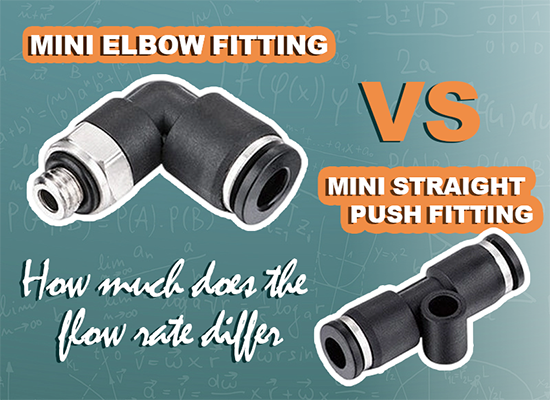 Mini Type Pneumatic Push In Fittings: Flow Difference Between Straight and Elbow Designs
Mini Type Pneumatic Push In Fittings: Flow Difference Between Straight and Elbow Designs
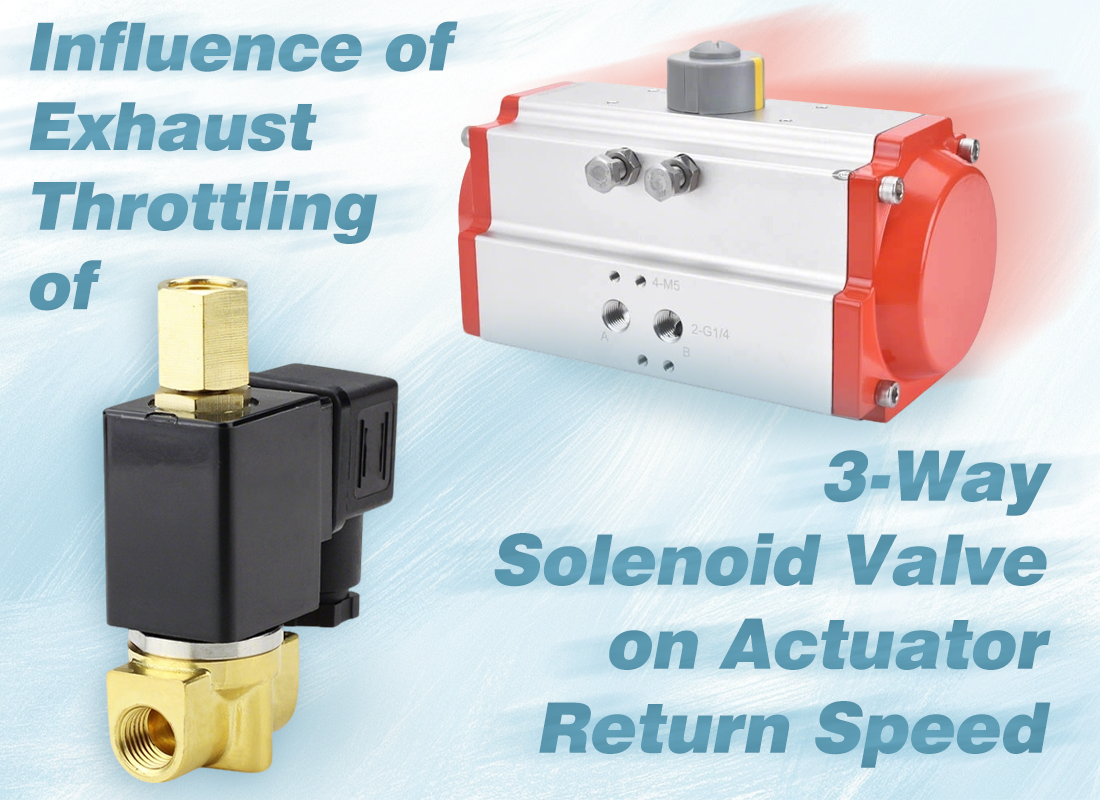 Influence of Exhaust Throttling of 3-Way Solenoid Valve on Actuator Return Speed
Influence of Exhaust Throttling of 3-Way Solenoid Valve on Actuator Return Speed
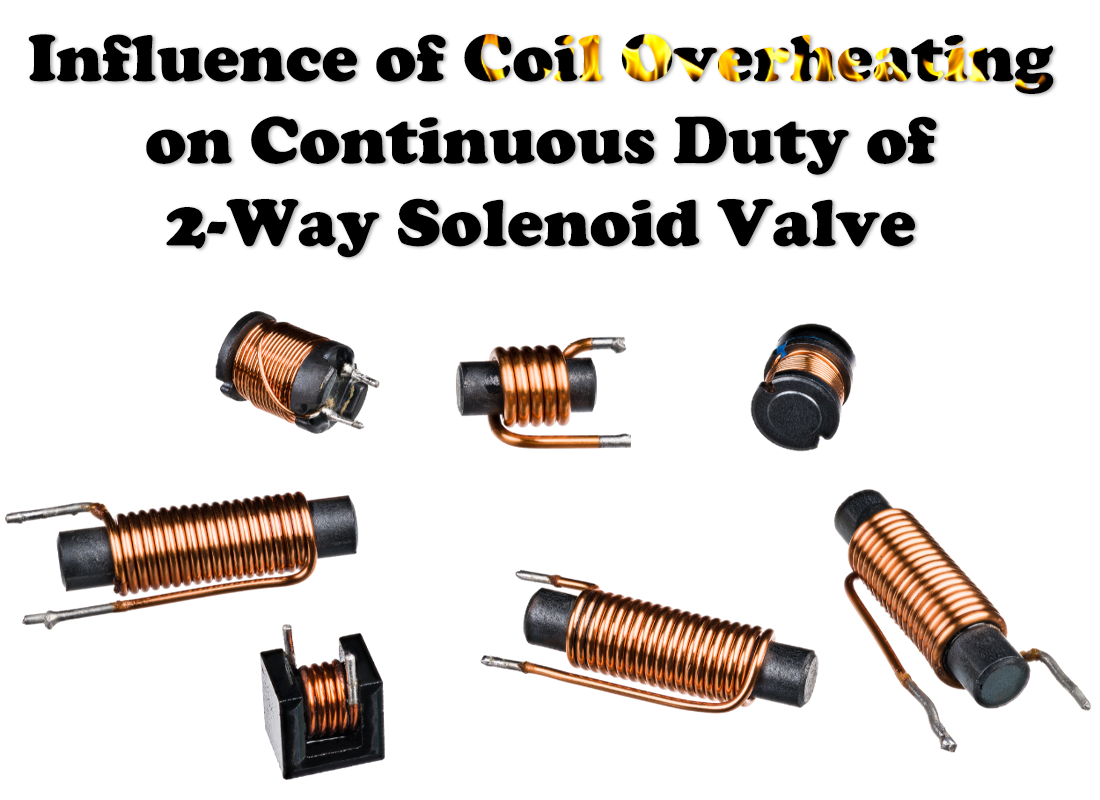 Influence of Coil Overheating on Continuous Duty of 2-Way Solenoid Valve
Influence of Coil Overheating on Continuous Duty of 2-Way Solenoid Valve
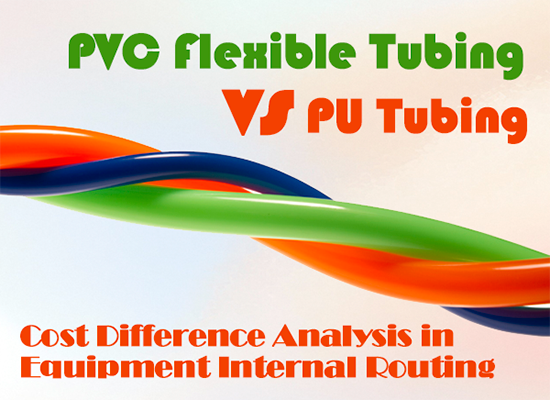 PVC Flexible Tubing vs PU Tubing: Cost Difference Analysis in Equipment Internal Routing
PVC Flexible Tubing vs PU Tubing: Cost Difference Analysis in Equipment Internal Routing
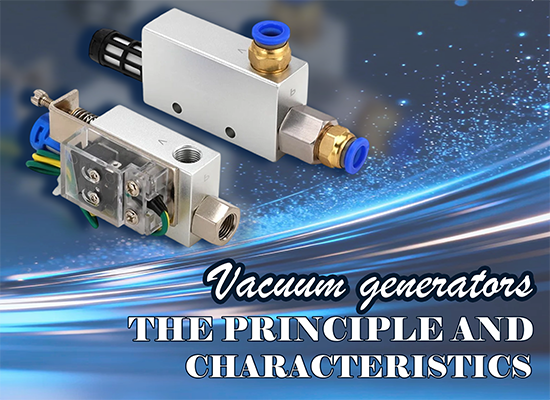 The principle and characteristics of vacuum generators
The principle and characteristics of vacuum generators
You May Interest In
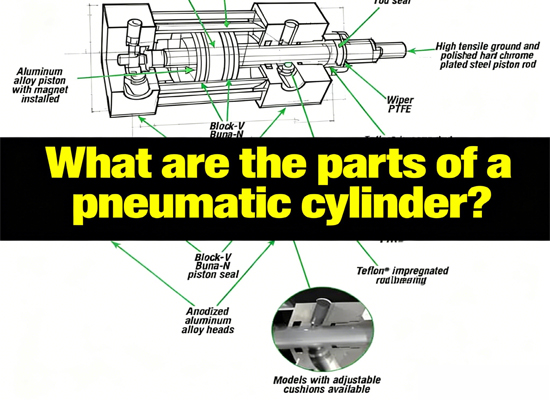
Dec 02, 2025 Blog
What are the parts of a pneumatic cylinder?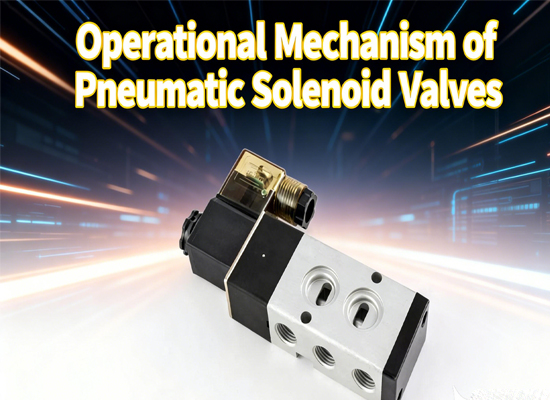
Nov 29, 2025 Blog
Operational Mechanism of Pneumatic Solenoid Valves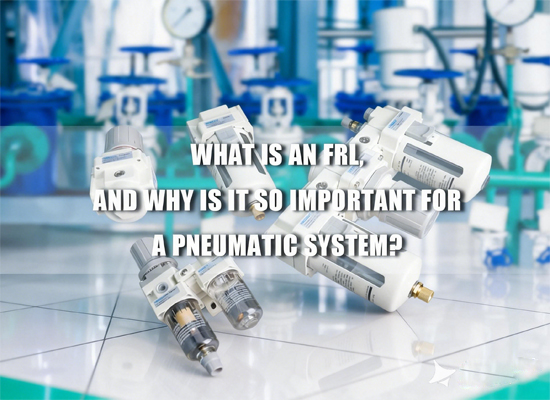
Links: www.fescolo.com(Pneumatic)
FOKCA ©1998-2025 All Rights Reserved Sitemap